[Year in Review 2021] Meet the top 10 techies we celebrated this year
YourStory’s tech column Techie Tuesday captures the personal and professional journeys of top techies. As we prepare to step into 2022, here are the top 10 techies that you loved reading about in 2021.
YourStory’s Techie Tuesday column celebrates the stories of software developers, tech architects, and product owners.
We talk about those individuals who pushed their limits and the existing presumptions about how a problem can or cannot be solved.
This year, we interacted with a diverse set of technological gurus who have remarkable stories to share. And apart from their expertise, it is the circumstances in which they flourished, which make these people all the more inspiring. From programme managers, product managers, CTOs to CEOs, we met them all.
As 2021 comes to an end, YourStory presents the top Techie Tuesday articles of the year.
Manisha Raisinghani, Co-founder and CTO, LogiNext
LogiNext Co-founder and CTO Manisha Raisinghani is one among very few women techies working at the intersection of business, logistics, and leadership. A new-age entrepreneur, she believes that with curiosity, strong analytical skills, and the right attitude, anyone can learn anything in a very short time.
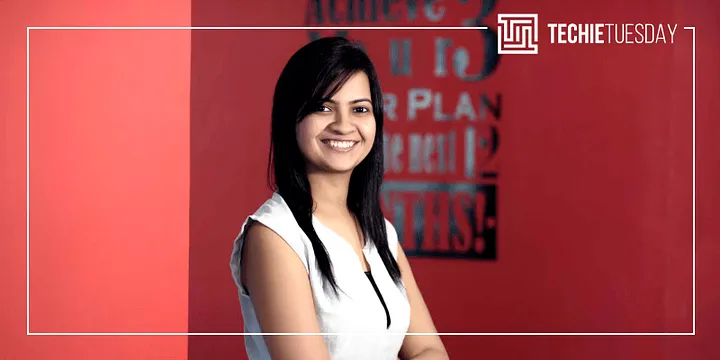
“I never had patience when it comes to learning new things. I wanted to learn quickly and then get to the application,” she tells YourStory.
Being a CTO, she heads the product department at with a tech team of 80-100 people.
“My father was a first-time entrepreneur who faced his share of struggles. I was expected to continue the legacy. But I chose a different path. A lot of the credit here goes to my father who gave me and my sister an opportunity to explore and find our own paths,” she adds.
Trishneet Arora, Founder and CEO, TAC Security
The walls of Trishneet Arora’s office are lined with certificates, awards, and accreditations. For a tech wizard who dropped out of school after failing his eighth standard exams, Trishneet has an enviable collection, rivaling, maybe even surpassing, those of many executives who’ve graduated from the country’s premier tech and engineering institutes.
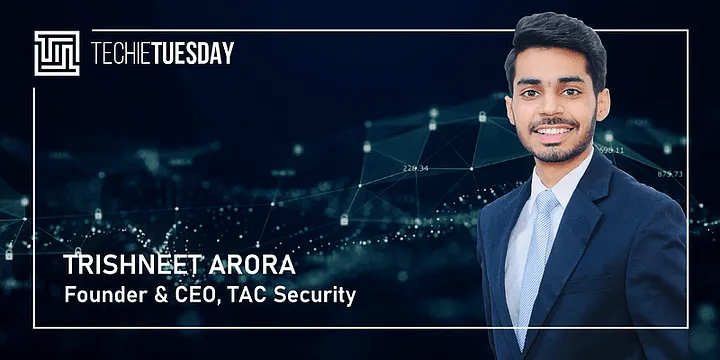
But Trishneet does not see these as awards, he tells YourStory. For him, the wall reminds him of how far the 27-year-old has come in his journey as a cybersecurity expert, tech entrepreneur, and business leader. To be precise, that’s over 17 years as a tech and cybersecurity wizard, and eight as Founder and Chief Executive Officer of , which is on a mission to secure cyberspace and become the Google of cybersecurity.
“The whole journey started with just Rs 75,000 and reached this level. But it is not about the achievement. Nor the destination. It is about the journey. And it has been a phenomenal journey. Meeting new people and new customers, solving their problems of cybersecurity, hiring the right people and a strong leadership team, leading a profitable venture, expanding abroad… all of this has been phenomenal,” Trishneet says.
Gaurav Srivastava, Co-founder and CTO, FarEye
Starting as the co-founder of a bootstrapped GPS tracker manufacturing startup in 2009 to designing a low-code, intelligent delivery management platform with in 2013, Gaurav has come a long way in the last 12 years.
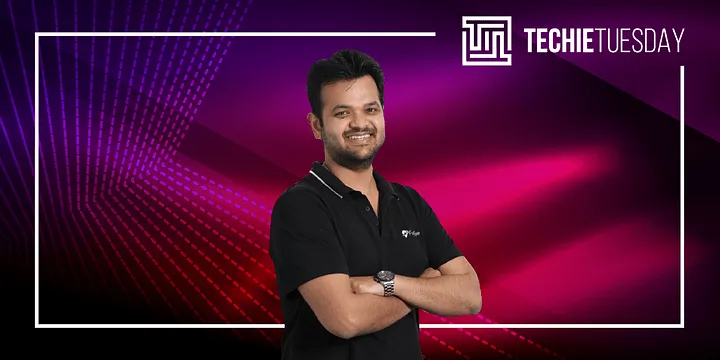
He was not only responsible for building FarEye's first tech product, but also setting up the tech team and build a strategy with only 10 people. Today, FarEye’s tech team stands at over 450 people and boasts three clearly articulated products.
At present, the startup is on a journey to achieve 100+ million transactions per day, with over 150 customers in more than 30 countries. It has offices in New Delhi, Dubai, Singapore, London and Chicago.
Currently based out of Chicago, Gaurav is looking after the expansion of FarEye in the region and building a team to serve its clients locally.
“No one thought that a boy from a small city like Dhanbad could run a startup and become a CTO. But when you are young, you need people to motivate you and to support you. You don't need big wisdom, just some simple directions. I was lucky enough to have my brother and teacher who really helped me figure out my purpose in my life at a very young age,” he adds.
Aarush Yadav, Co-founder, GreenSat Innovation Labs
Aarush Yadav had just begun learning AI when the first COVID-19 pandemic-induced lockdown was declared last year. Like the rest of the world, his eyes were trained on the news. By August though, the news cycles started focusing on farmers from the length and breadth of India marching to Delhi to protest the Farm Bill — and Aarush, like the rest of us, saw that too.
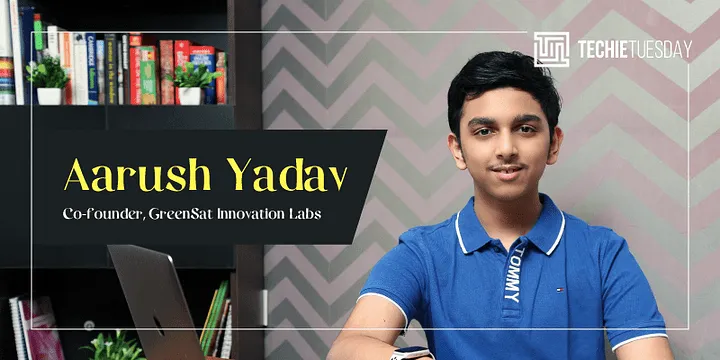
As with most families, dinner table discussions around the farmer protests ensued, and after one such conversation with his father, the 15-year-old tech enthusiast started wondering if there was anything he could do to help them, and the agricultural sector in the country, in general.
His instructions in AI gave him an idea and , the tech entrepreneur’s first formal startup, was born.
GreenSat is an agritech company that uses satellite imagery and AI/ML to assess farmlands and provide AI-driven insights on the state of the land, including identifying pest issues, as well as other potential threats to crop growth and production.
“Our mission is to help as many farmers as we can by ensuring they’re able to get ahead of any problems that could cause crop failure,” Aarush tells YourStory.
The startup, which offers its satellite imagery-based assessment reports and insights free of cost to farmers via WhatsApp, has around 10,000 farmers onboard, across Gujarat, Maharashtra, Madhya Pradesh, and Rajasthan.
Madhusudhan Anand, Co-founder and CTO,
Hailing from a middle-class family, Madhusudhan’s childhood was spent studying at a government school near a highway in rural Karnataka.
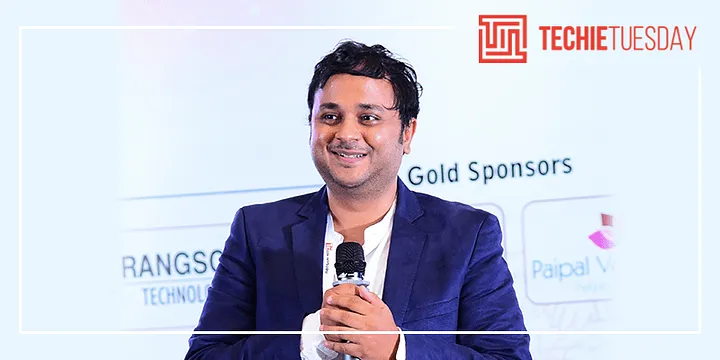
“Most teachers didn’t know how to speak English. My classmates were either sheepherders or farmers, or had a very poor background. Even having a chappal (slippers) was something to be proud of,” Madhusudhan reminisces.
Today, Madhusudhan is the Co-founder and CTO of Ambee, a global environmental intelligence startup that measures air quality data in real time through AI and IoT.
Having more than 18 years of experience, Madhusudhan has done over 100+ courses across multiple computer languages in the past two years and has trained over 2,000 programmers worldwide in the last six years.
“At a very early age, I understood the importance of hard work. I have always had two jobs right from college, and I was always learning something while working. I see everything optimistically as a problem that could be solved and I try to see it from different angles,” Madhusudhan tells YourStory.
Saiman Shetty, Technical Program Manager for Robots, Nuro
Saiman Shetty got a computer at home when he was in Class 4, but his love for technology and engineering was driven by hardware. Today, he's a technical program manager for robots at Nuro, a Valley-based robotics company,
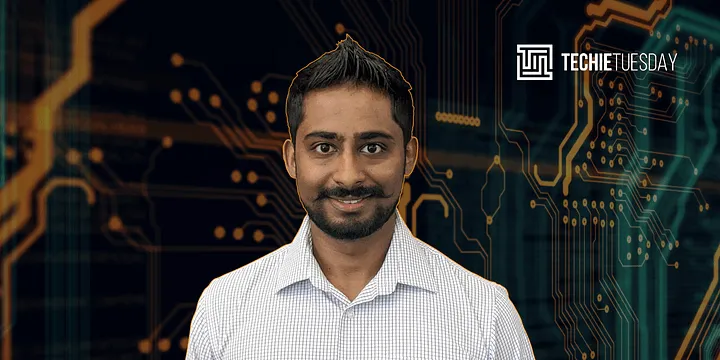
Saiman, who has also been the powertrain engineer at Tesla, works on building robots that are changing local commerce through driverless delivery.
“I liked taking things apart and seeing how they worked. I realised early that I needed to understand how each part works and just wouldn’t accept the thesis. I would open things, see how batteries work, how the light connects to the power systems,” Saiman says.
Hailing from a small town in Udupi, Karnataka, Saiman’s early schooling was done in Doha, Qatar, where his father was a sales manager for a construction company and mother is a homemaker. Saiman returned to Udupi for his high school graduation. In 2009, he joined a local engineering college where he pursued electrical engineering.
“The first year of engineering was a bit difficult. I had moved to the state board syllabus from CBSE education in Doha. It got me an engineering seat, but it was difficult to cope in the first year. Most CBSE students found the first year easier. In the second year, I opened clubs and started a computer literacy initiative. The impact it created was meaningful, and kept me going,” he recalls.
Spriha Biswas, Chief Product Officer, Augnito
American psychologist Abraham Maslow once said, “In any given moment, we have two options: to step forward into growth or to step back into safety.” For healthtech company Augnito’s Chief Product Officer, Spriha Biswas, it was the former that dictated every step of her career as a techie.
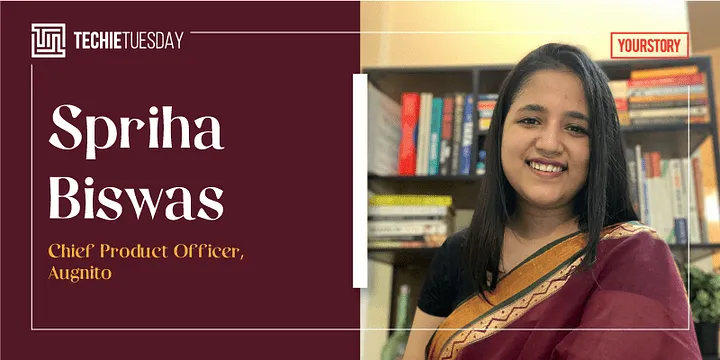
Two generations of Spriha’s family had worked at Tata Steel. Born and brought up in Tatanagar (Jamshedpur), Spriha had never had a dull moment in her school years as she constantly strived to keep learning.
But then, in 2017, just before she was to begin her third year at the prestigious institute, Spriha dropped out of IIT.
“Dropping out is common in the west, but in India, degrees are still important as they provide you with a safety net. But at some point, I was able to convince my parents that it's not a rash but a rational decision,” Spriha tells YourStory.
From then to now, with Spriha leading the product portfolio at Augnito as Chief Product Officer, has been a journey wrought with happy coincidences and simply following one’s passion.
Nagendra Kumar Raja, Founder, TejaSoft Innovations
“I enjoyed computers from day one because it actually allows you to flexibly change your thought process. Everything we are talking about now is what we will talk about 40 years later, but technology will make it better,” says scientist-turned entrepreneur Nagendra Kumar Raja, Founder of TejaSoft Innovations.
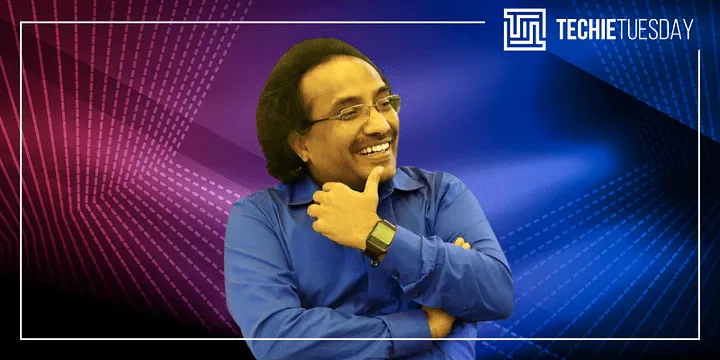
Nagendra has abided by this mantra throughout his 28-year-long career. Whether as a DRDO-CAIR scientist, an IT engineer, or an entrepreneur, for him, engineering has always been a profession to not earn money, but to discover and create things and make life better with code.
“In the early 90’s, software was running on Silicon Graphics machines, and then came the desktop, and then people fought to run the same software on tablets, mobile phones, and now even in wristwatches,” Nagendra tells YourStory.
Today, he is successfully running TejaSoft Innovations, a bootstrapped startup, for more than 16 years. Offering Service 2.0, it allows software intellect to deliver products by senior talent (15 to 25 years daily hands-on) effectively at lower costs on planned timelines, and in noise freeway. Working with six months to one year commitment with clients, the company has so far served 35 clients like BroadVision, Honeywell, Indian Railways, Nuware, and others in five countries.
Ayush Varshney, CTO, Testbook
An IIT Kanpur alumni, a serial entrepreneur, and a part of the Forbes 30 Under 30 Asia list of 2018, Ayush Varshney has been leading tech innovations at Mumbai-based edtech startup for over two years now.
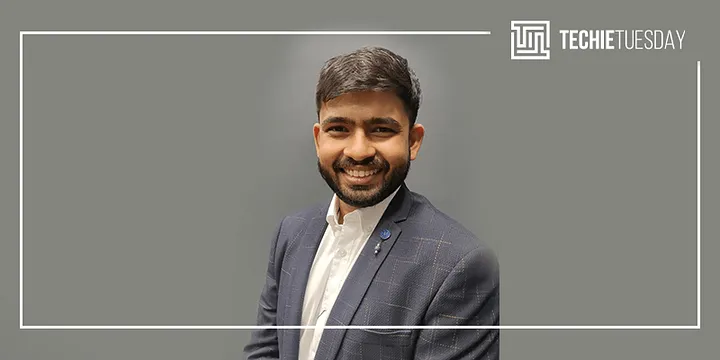
“People seldom tell me that being a leader at such a young age would be challenging. However, I believe that being young, I was able to understand and engage with my team better. Plus, since I never went into a job, I didn’t have any opportunity cost to lose, thus making a new start is always exciting for me,” Ayush tells YourStory.
In 2018, when Ayush joined Testbook, the startup was a mock test offering platform. At present, it has evolved into one of the most affordable online learning platforms in India, with in-house innovations and comparatively lesser external funding.
Gagandeep Reehal, Co-founder, Minus Zero
“Age is an issue of mind over matter. If you don’t mind, it doesn’t matter.” — Mark Twain
For 21-year-old Gagandeep Reehal, age has never been a challenge when it comes to achieving his goals. Busy making India’s self-driving vehicle dream come true, he is the co-founder of , a startup that aims to build affordable self-driving electric cars in India.
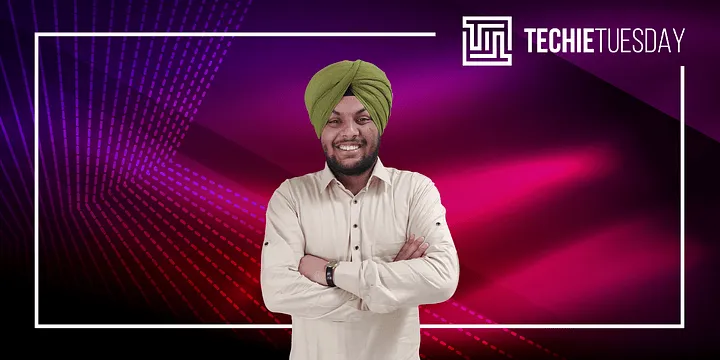
Earlier this year, in April, Gagandeep and his co-founder also conducted India's first self-driving test live in Jalandhar — with an electric autorickshaw.
Developed in only four months with a mere amount of Rs 50,000, this three-wheeler prototype performed several complicated driving manoeuvres that are unprecedented for Indian roads.
The vehicle, Gagandeep claims, relies on its camera suite, with zero dependencies on lane markings and expensive LiDARs, and is powered by a highly computationally efficient AI and less dependent on data.
“That is the first time any company has tested a driverless vehicle on Indian roads. The probability of people following traffic rules in India is quite low. So, everything needs to be processed in real-time. After our first test drive, we are confident that self-driving cars will become a reality soon as what can work on Indian roads can work anywhere,” he says.


![[Year in Review 2021] Meet the top 10 techies we celebrated this year](https://images.yourstory.com/cs/2/b87effd06a6611e9ad333f8a4777438f/collage4-1639196680900.png?mode=crop&crop=faces&ar=2%3A1&format=auto&w=1920&q=75)




